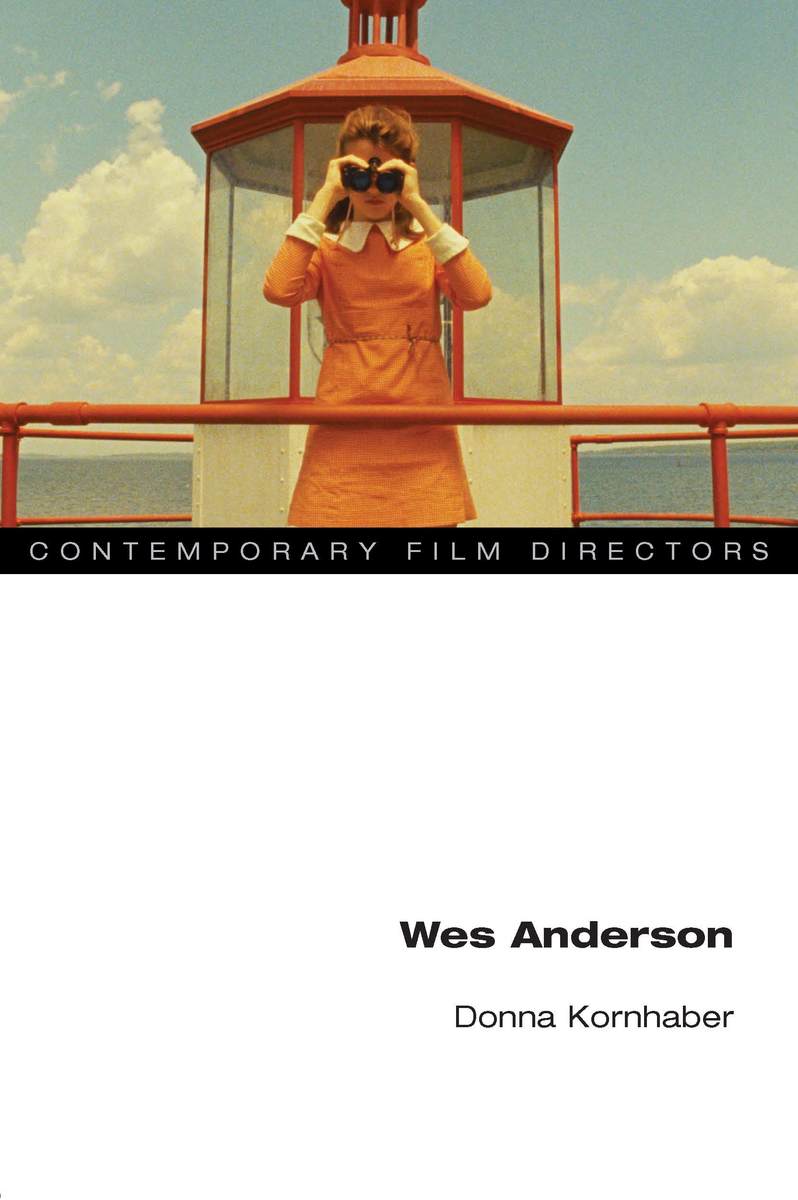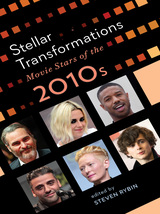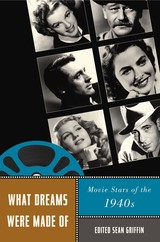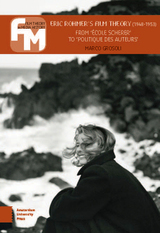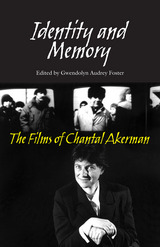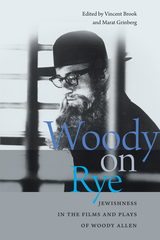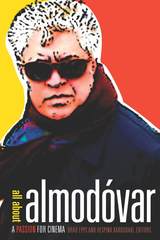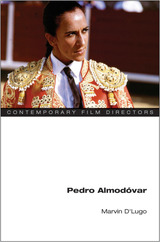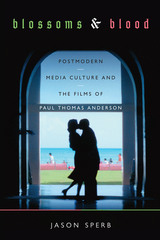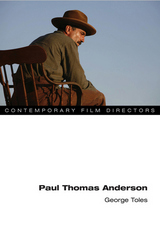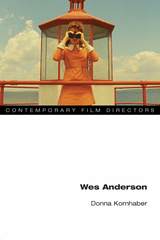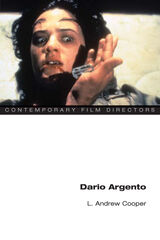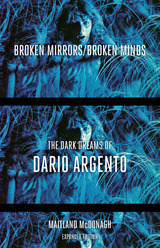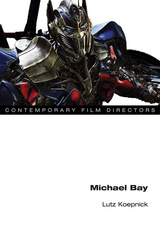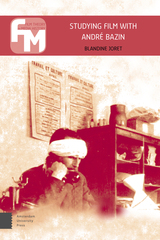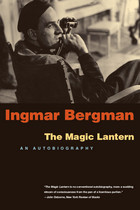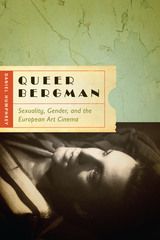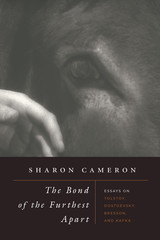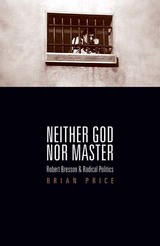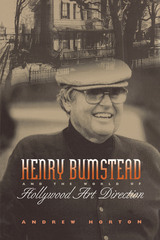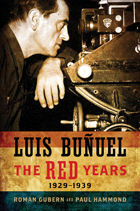eISBN: 978-0-252-09975-5 | Cloth: 978-0-252-04118-1 | Paper: 978-0-252-08272-6
Library of Congress Classification PN1998.3.A526K67 2017
Dewey Decimal Classification 791.430233092
Donna Kornhaber approaches Anderson's style as the necessary product of the narrative and thematic concerns that define his body of work. Using Anderson's focus on collecting, Kornhaber situates the director as the curator of his filmic worlds, a prime mover who artfully and conscientiously arranges diverse components into cohesive collections and taxonomies. Anderson peoples each mise-en-scéne in his ongoing ""Wesworld"" with characters orphaned, lost, and out of place amidst a riot of handmade clutter and relics. Within, they seek a wholeness and collective identity they manifestly lack, with their pain expressed via an ordered emotional palette that, despite being muted, cries out for attention. As Kornhaber shows, Anderson's films offer nothing less than a fascinating study in the sensation of belonging--told by characters who possess it the least.
See other books on: 1969- | Direction & Production | Entertainment & Performing Arts | Kornhaber, Donna | Motion picture producers and directors
See other titles from University of Illinois Press
